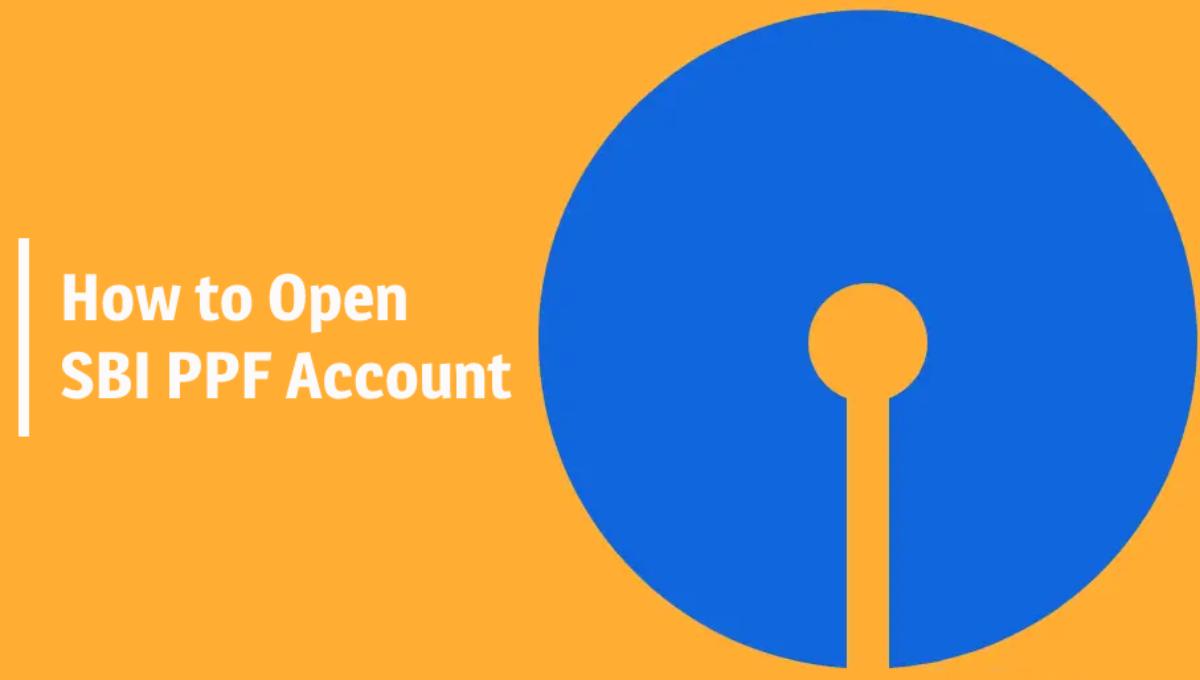The textile and garment industry was one of India’s first industries to emerge. The country’s whole value chain, from fiber to clothing manufacture, is well-represented. After agriculture, it is the largest employer. Then the government has approved a new scheme. The scheme is referred to as “Scheme for Capacity Building in Textile Sector (SCBTS)”. It is for the entire value chain of textiles in the organised sector, except spinning and weaving. It is for a period of three years from 2017-18 to 2019-20, with an outlay of Rs. 1300 crore. Samarth scheme aims to mitigate the skill gap in the industry. It boosts its efforts initiated through the Special Package for Garments and Made-ups.
What is the Samarth Scheme?
Samarth refers to it as ‘Scheme for Capacity Building in the Textile Sector (SCBTS)’. The scheme’s wide goal is to prepare youth for meaningful and sustainable employment. Employment for the textile sector in both organised as well as traditional sectors.
The scheme took place in 2017. It was approved by the Cabinet Committee on Economic Affairs (CCEA). The concerned ministry is the Ministry of Textiles.
Objectives of Samarth Scheme
- Offering demand-driven, placement-based, National Skills Qualifications Framework (NSQF) compliant skilling programs. To support and complement the industry’s efforts to create jobs. Focus on the organised textile and associated industries excluding spinning and weaving.
- To develop and upgrade skills in the traditional sector. The sector includes handloom, handicraft, sericulture, and jute.
- To ensure that everyone in the country has a sustainable livelihood. Regardless of whether they work for wages or are self-employed.
- For three years, the scheme aims to train 10.00 lakh people. 9 lakh in the organised industry and 1 lakh in the traditional sector (2017-20).
Implementing Agencies of Samarth Scheme
Following are the agencies that will carry out the Samarth scheme’s skilling programs:
- Textiles industry
- Institutions or organizations affiliated with the Ministry of Textiles or state governments. Should have training infrastructure and placement ties to the textile sector.
- Reputed training institutions, NGOs, societies, trusts, organizations. Companies, start-ups, and entrepreneurs also work in the textile industry. Should have signed an agency contract with the textile industry.
Implementation Process of Samarth Scheme
Implementing agencies will appoint agencies based on the following criteria:
- Prior experience of skilling in the textile industry
- Financial stability
- Organization credentials
- Training Infrastructure, particularly in Aspirational Districts notified by the NITI Aayog.
The whole structure for implementing the Samarth scheme, including costs for capacity-building programs, is in alignment with the policy framework for skill development (NSQF, Common Norms, etc.). The Ministry of Skill Development and Entrepreneurship has described the program.
The Entry-level courses and the Training of Trainers (ToT) program are part of this program.
Implementation Strategy
Samarth Scheme uses the following strategy :
- For assessments, the Aadhaar system utilizes biometric attendance. The least attendance rule is 80%.
- RSA/SSC-certified trainers provide the Training of Trainers (ToT).
- A CCTV camera records the whole training program and assessment procedure.
- Third-party assessment and certification by RSA-approved assessment agencies.
- Placement-linked skilling program with mandated wage work. It includes the organized sector (70%) and the traditional sector (50%). It also offers one-year post-placement tracking
- Physical inspections of active training facilities at random intervals.
- NSQF aligned courses
- The Ministry of Textiles’ website now has robust MIS and real-time Scheme information.
- A call center i.e helpline department for feedback and support.
- Mobile application for stakeholders to ease out monitoring and implementation mechanisms.
- Marginalized social groups and 115 aspirational areas are being prioritized
- For public grievances, the Ministry of Textiles has appointed a Grievance Redressal Officer.
- An internal committee for the sexual harassment of women at the Workplace. The committee focuses on prevention, prohibitions, and compensation. The committee was formed under the Act of 2013.
- Funding under MSDE’s general guidelines
- Followed MSDE’s brand standards.
- The Pradhan Mantri MUDRA Yojana provides the beneficiaries with concessional financing for self-employment.
Explore Central Government Schemes 2026
Monitoring and Management Information System (MIS)
Samarth Scheme creates a centralized web-based Management Information System (MIS). The goal of MIS is to Implement and monitor the scheme. Following are a few facts about MIS:
- The MIS will function as an integrated platform. It will focus on registering and approving Implementing Agencies.
- MIS will manage all aspects of program management and implementation. MIS includes proposal submission, funding release, candidate enrolment, and training operation. Physical verification, assessment, placement, and post-placement tracking is also a part of MIS
- The MIS’s physical progress will determine the amount of cash released.
- The MIS modules are part of a mobile app for a variety of stakeholders. It also includes TC Coordinator, Inspection Agency, and beneficiaries. Grievance redressal with Geotag, timestamp, and assessment are also eligible for the modules.
- MIS and a public dashboard have set up a call center that links the helpline/toll-free number.
Discover More
- Pradhan Mantri Jan Arogya Yojana (PMJAY)
- Pradhan Mantri Vaya Vandana Yojana (PMVVY)
- Pradhan Mantri Suraksha Bima Yojana
- Saksham Yuva Yojana
- Samarth Scheme
- PMMVY
- Pradhan Mantri Awas Yojana (PMAY)
- PM Kisan Samman Nidhi Yojana
- Pradhan Mantri Kaushal Vikas Yojana (PMKVY)
- Pradhan Mantri Jeevan Jyoti Bima Yojana
- Multiplier Grants Scheme
- Ujala Scheme
- Pradhan Mantri Jan Dhan Yojana (PMJDY)
- Atal Pension Yojana (APY)
- Pradhan Mantri Shram Yogi Mandhan
- DDU-GKY
- Startup India Scheme
- Antyodaya Anna Yojana (AAY)
- Pradhan Mantri Adarsh Gram Yojana
- Aspire Scheme
- Pradhan Mantri Ujjwala Yojana (PMUY)
- Credit Guarantee Scheme For Startups
- Startup India Seed Fund Scheme
- Pradhan Mantri Yuva Yojana (PMYY)
- Pradhan Mantri Kaushal Kendra (PMKK)
- Stand Up India Scheme
- ECLGS Scheme
- Unnat Bharat Abhiyan
- Digital India Scheme
- Sankalp Scheme
- Samagra Shiksha
- Skill India
- Deen Dayal Upadhyaya Antyodaya Yojana (DAY)
- Credit Guarantee Scheme for MSE (CGSMSE)




























Show comments